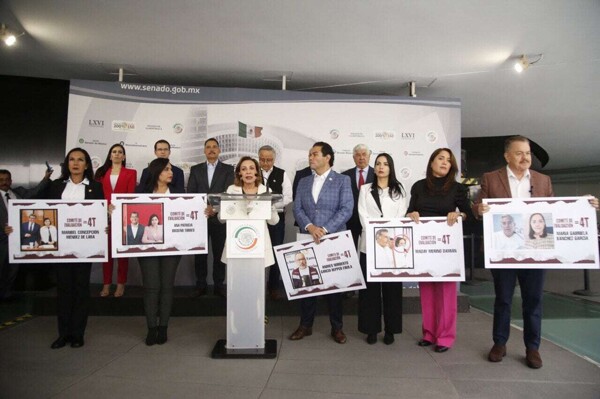
The approval of the constitutional supremacy reform has generated concern and criticism from various sectors in Mexico. Alfonso Meza, president of the Defensorxs association, pointed out that this modification allows Morena and its allies to approve constitutional reforms that could violate human rights, without the possibility of challenge. Meza warned that the reform would grant Morena unilateral power to decide which rights will be protected and which will not, eliminating potential checks and balances in the system.
Meza emphasized the risk this represents, recalling the case of the Gag Law proposal in Veracruz, where there was an attempt to sanction journalists who revealed confidential information from the government. He highlighted that if similar measures are incorporated at the constitutional level, the protection of fundamental rights could be threatened, without the possibility of opposition.
Regarding the importance of constitutional supremacy in the Mexican legal system, Meza explained that the modification of Articles 105 and 107 of the Constitution prevents the filing of amparos, actions of unconstitutionality, and disputes against constitutional reforms. He stated that, although the approval of this reform does not prevent challenges in all cases, it poses a risk by granting almost unlimited power to Morena legislators and their allies.
Meza indicated that there are ways to challenge the reform, either through the reforming power of the Constitution, reminding that the Legislative Power is not absolute, or in case of human rights violations. In this regard, he mentioned that the constitutional supremacy reform could lower the protection of human rights and limit the capacity for defense against potential abuses.
Finally, Meza's warning focused on the fact that the reform that limits the possibility of challenging reforms approved by Morena creates a scenario where a single political party and its allies have the power to amend the Constitution without considering potential impacts on fundamental rights. According to Meza, the reform weakens the protection of human rights and undermines the principle of progressivity in its defense.














